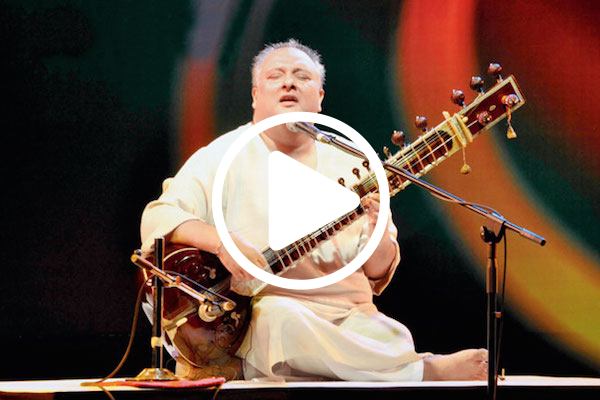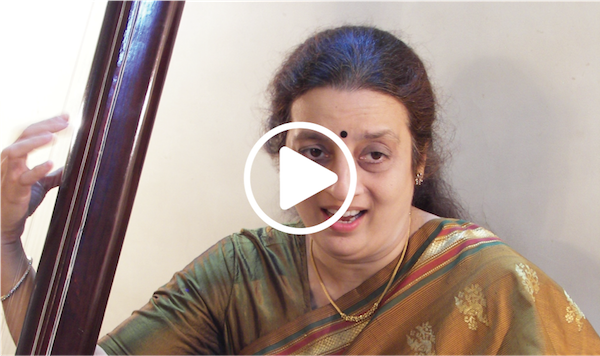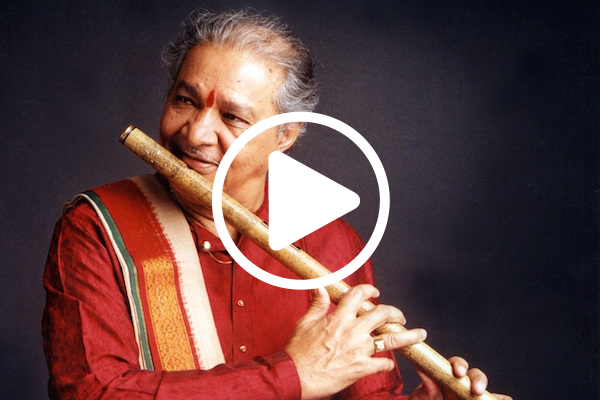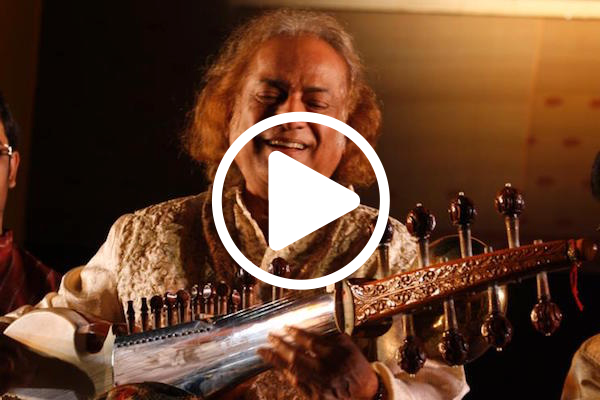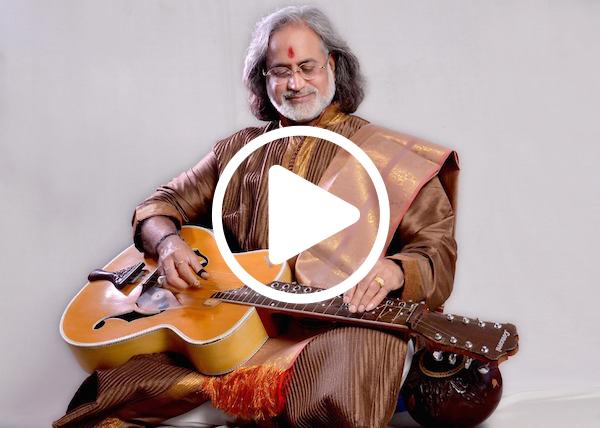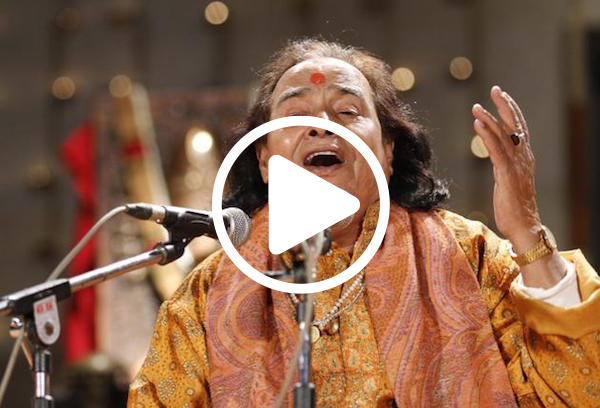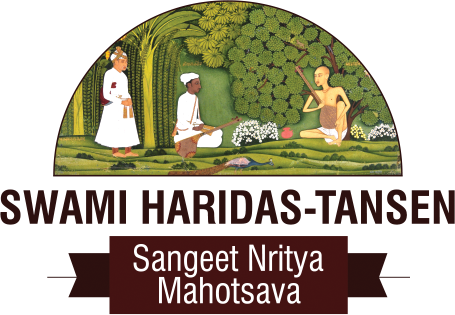
Uma Sharma (Kathak)
USTAD SHUJAAT KHAN (SITAR)
PT. AJOY CHAKRABARTY (VOCAL)
SMT. ASHWINI BHIDE DESHPANDE (VOCAL)
PT. HARIPRASAD CHAURASIA (FLUTE)
USTAD AASHISH KHAN (SAROD)
PT. VISHWAMOHAN BHATT (MOHAN VEENA)
PT. CHHANNULAL MISHRA (VOCAL)
SMT. ANOUSHKA SHANKAR (SITAR)
USTAD AMJAD ALI KHAN,AMAAN ALI KHAN & AYAAN ALI KHAN (SAROD)
Uma Sharma (Kathak)
Her eyes narrate joyous tales of glory days of Delhi as her feet thrum and glide to an inexplicable precision paving past the narrow, dusty memory lanes drenching them with surreal sunshine.
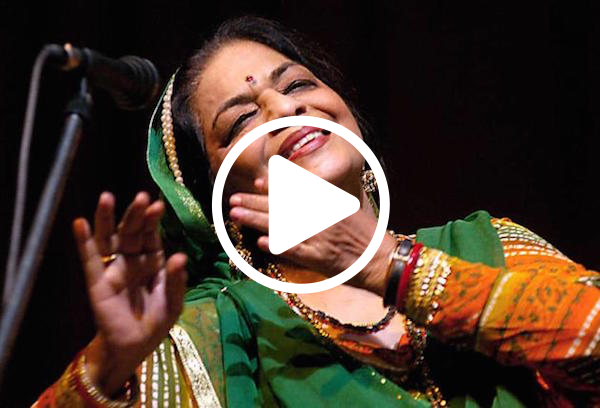
Artist Bio
Uma Sharma is a kathak exponent born into a family of litterateurs in Delhi,
comprising Acharya Pandit Vasudeva Sharma, Sanskrit vidwan for a father and Ratna Devi for mother.
Uma Sharma received her dance training from Guru Hiralalji and Girvar Dayal of the Jaipur gharana, and subsequently became a student of Pandit Sunder Prasad of the Jaipur gharana who emphasised rhythmic footwork and its permutations, Shambhu Maharaj and Birju Maharaj noted gurus of the Kathak tradition of the Lucknow gharana, known for the art of abhinaya.
From the age of 14, she was invited every year by Pandit Jawaharlal Nehru to perform at his birthday parties. She was also chosen to perform at Rashtrapati Bhavan for royal visitors including Queen Elizabeth, the Shah & Shah Bano of Iran.
Uma Sharma is not only known for her abhinaya, but is also renowned for her research and innovation, having managed to not only give a new look to the stock repertoire of Kathak, but also bring out the glorious tradition of the Braj Raas of Vrindavan and its relation to Kathak.
Uma Sharma received her dance training from Guru Hiralalji and Girvar Dayal of the Jaipur gharana, and subsequently became a student of Pandit Sunder Prasad of the Jaipur gharana who emphasised rhythmic footwork and its permutations, Shambhu Maharaj and Birju Maharaj noted gurus of the Kathak tradition of the Lucknow gharana, known for the art of abhinaya.
From the age of 14, she was invited every year by Pandit Jawaharlal Nehru to perform at his birthday parties. She was also chosen to perform at Rashtrapati Bhavan for royal visitors including Queen Elizabeth, the Shah & Shah Bano of Iran.
Uma Sharma is not only known for her abhinaya, but is also renowned for her research and innovation, having managed to not only give a new look to the stock repertoire of Kathak, but also bring out the glorious tradition of the Braj Raas of Vrindavan and its relation to Kathak.
"mein jab bhi naachi, doob ke naachi.
Aur logon ko pasand aaya
Whenever I dance, I drowned in it.
My body articulated it and people always liked it."
Aur logon ko pasand aaya
Whenever I dance, I drowned in it.
My body articulated it and people always liked it."
- Uma Sharma
